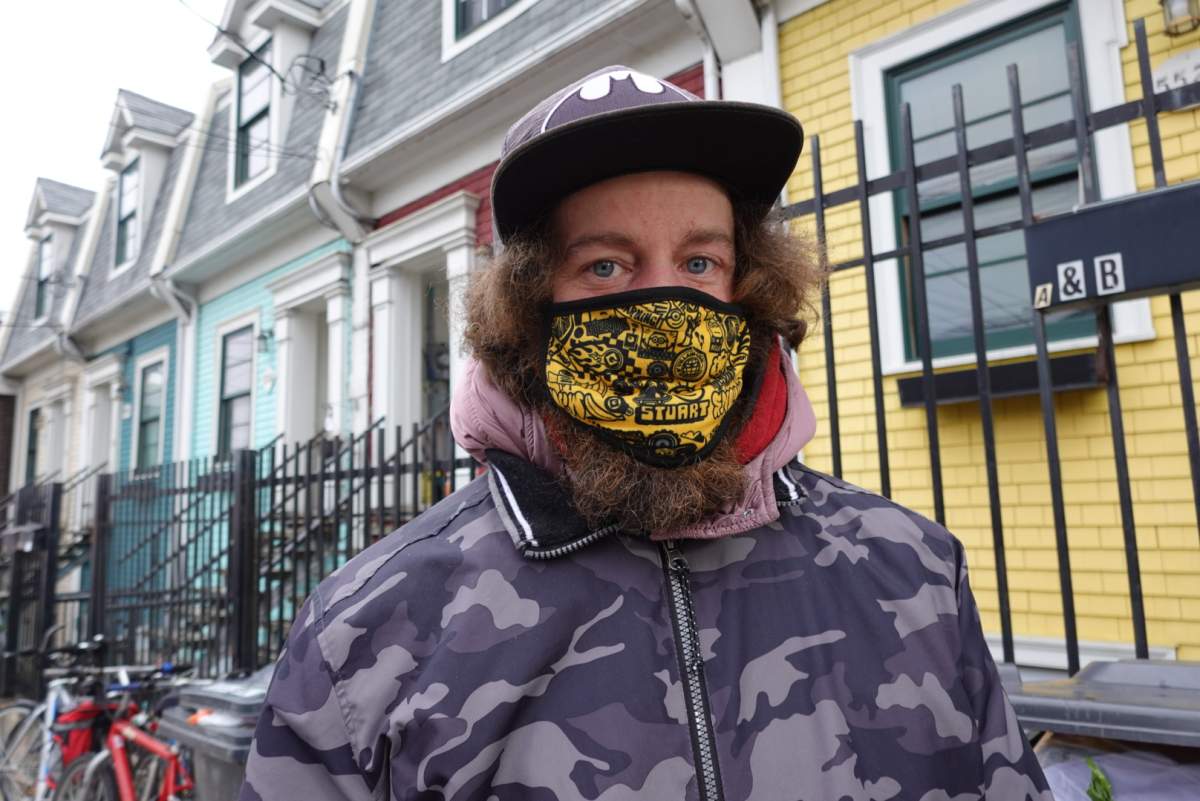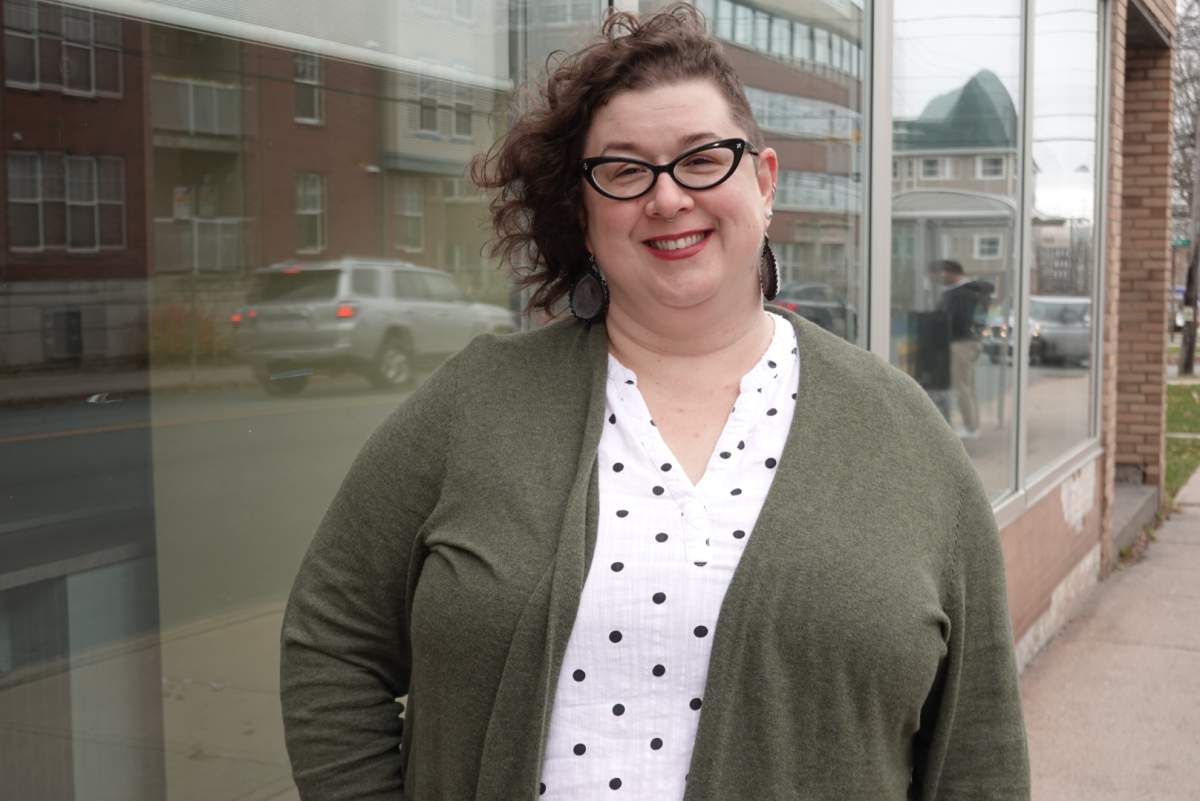Under a park bench and inside of parking garages are just a few of the places people experiencing homelessness in Halifax are forced to sleep because they don’t have a place to call home.

“In the last three years we’ve been in shelters, we’ve been couch surfing place to place. We’ve even slept in parkades,” Jason Kline said.
Kline is currently trying to find stable housing for himself and his partner.
For the past several winters, Kline has relied on the Out of the Cold emergency shelter for refuge.
The community-based organization operates annually to get folks in from outside when temperatures can drop to dangerous levels.
“I think they’re a great place. They’re the best shelter I’ve ever went to, they help you with anything you need. They help you try and find a place, they give you gift cards for when you’re out there in the day,” Kline said.
In 2018, the federal government announced a strategy to reduce chronic homelessness by 50 per cent within the next decade.
Part of that strategy includes funding for community-based programs through an initiative called Reaching Home.

Get weekly health news
Out of the Cold will be receiving some of that federal support for its shelter operations this season.
“It’s going to allow us to have some separated space. Normally, we’ve been in a big, open room, previously. There’s going to be some bedrooms for folks,” Michelle Malette said, the executive director of the Out of the Cold Community Association.
“We have a nice big kitchen, we have laundry facilities. So, we’re feeling pretty spoiled this year.”

Malette says the shelter focuses on supporting folks who encounter the highest barriers when it comes to accessing housing and refuge.
“Folks experiencing challenges around mental health, folks who have some physical disabilities, folks who experience challenges and stigma around substance use and alcohol use,” she said.
Shelter operators in Nova Scotia recently wrote a letter to government and policy makers outlining how the pandemic has intensified the housing crisis.
The letter states that Nova Scotia is experiencing an “acute housing crisis” and that there are currently 500 people who are homeless in Halifax.
It goes on to read that inequitable housing circumstances are experienced by high percentages of Indigenous and other racially-visible persons, along with members of the LGBTQ2 community.
When the pandemic hit, shelters reduced their capacity to allow for social distancing and other public health protocols.
The reduction in shelter beds led to the provincial government temporarily housing people in hotels. Kline is one of those folks and says he doesn’t know from one week to the next whether his stay will be extended.
“Every week we’re wondering, ‘So, are we going to be on the street again?'” he said.
Kline says trying to find an affordable place to live is nearly impossible.
“You try to go find an apartment and they (landlords) look at you like you got two heads. I feel like I’m being discriminated because I’m on social assistance,” he said.
Malette says while there is a need for shelters in emergency scenarios, they can’t continue to be leaned on as a solution to the affordable housing crisis.
“Even the shelter organizations, we’re asserting that there needs to be many different solutions to this problem. We know that folks who are living with low and moderate incomes even are in danger of losing their housing because the rents are so high,” Malette said.
If you’d like to support the Out of the Cold Community Association you can send an e-transfer donation to: donations.otcs@gmail.com











Comments
Want to discuss? Please read our Commenting Policy first.